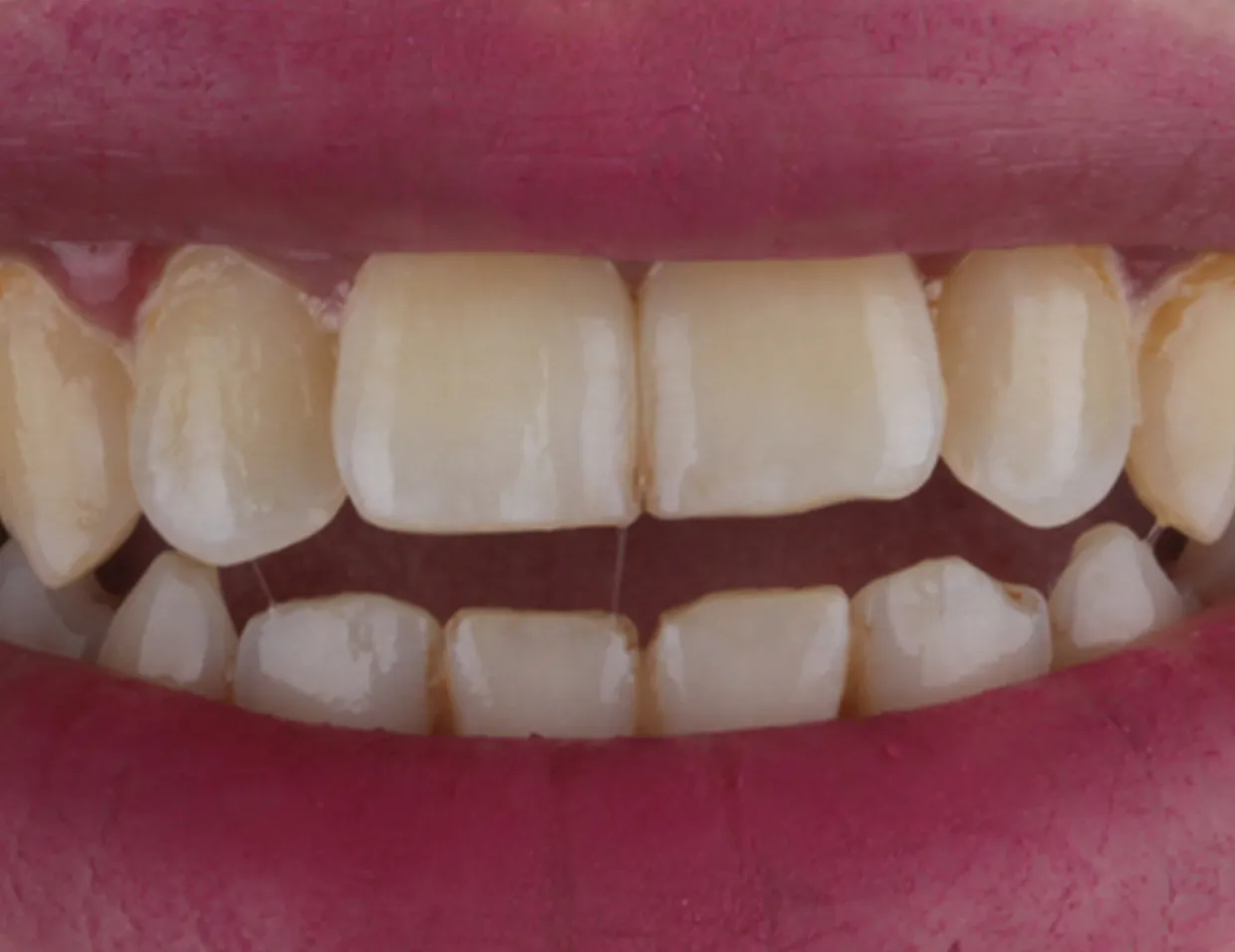What is Laser Teeth Whitening
Laser teeth whitening, also known as power whitening, is a cosmetic dental procedure designed to lighten the color of your teeth. It uses a high-intensity laser light to accelerate the bleaching process, typically using a hydrogen peroxide-based whitening gel. The laser activates the gel, breaking down stains and discoloration on the tooth surface, resulting in a significantly brighter smile. This procedure is popular for its speed and effectiveness, offering a quick and efficient way to achieve a more aesthetically pleasing appearance. The process generally takes about an hour, making it a convenient option for individuals seeking immediate results.
How Laser Teeth Whitening Works
The core principle behind laser teeth whitening involves a chemical reaction. The dentist applies a bleaching agent, usually a concentrated hydrogen peroxide solution, to the teeth. Then, a laser light is directed at the teeth. The laser energy catalyzes the bleaching agent, intensifying its effect. This process breaks down the molecules of the staining agents that have accumulated in the enamel and dentin layers of the teeth. Unlike traditional methods, the laser amplifies the bleaching power, leading to faster and often more dramatic results. The entire process is carefully controlled by a dental professional to ensure safety and effectiveness, minimizing any potential damage to the teeth or gums.
The Procedure Step by Step
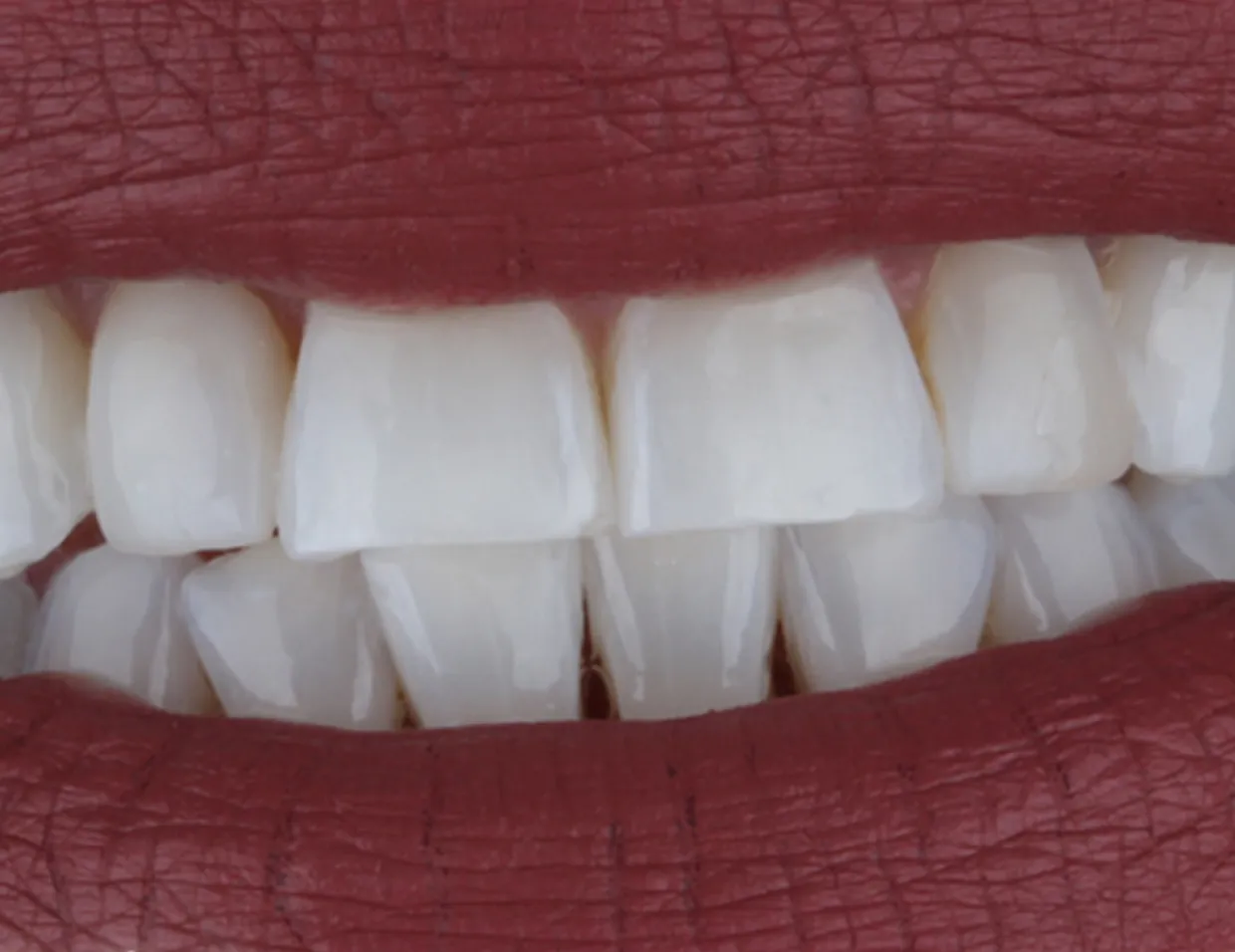
Consultation and Assessment
The first step involves a thorough consultation with a dentist. The dentist will assess your oral health, examine your teeth, and determine if laser teeth whitening is suitable for you. They will discuss your expectations, explain the procedure, and address any concerns. This assessment helps the dentist to tailor the treatment plan to your specific needs and to ensure that the procedure is safe and effective for your particular situation. During this stage, the dentist may also take photographs of your teeth to track progress and evaluate the final results.
Preparation for the Procedure
Before the whitening process begins, your dentist will prepare your mouth. This typically involves cleaning your teeth to remove plaque and debris, and ensuring the teeth are free from any surface stains. A cheek retractor is then placed to keep your mouth open and protect your lips and cheeks. A protective barrier is often applied to your gums to prevent the bleaching agent from causing irritation. In some cases, a fluoride treatment may be administered before the procedure to minimize any potential tooth sensitivity.
The Laser Whitening Process
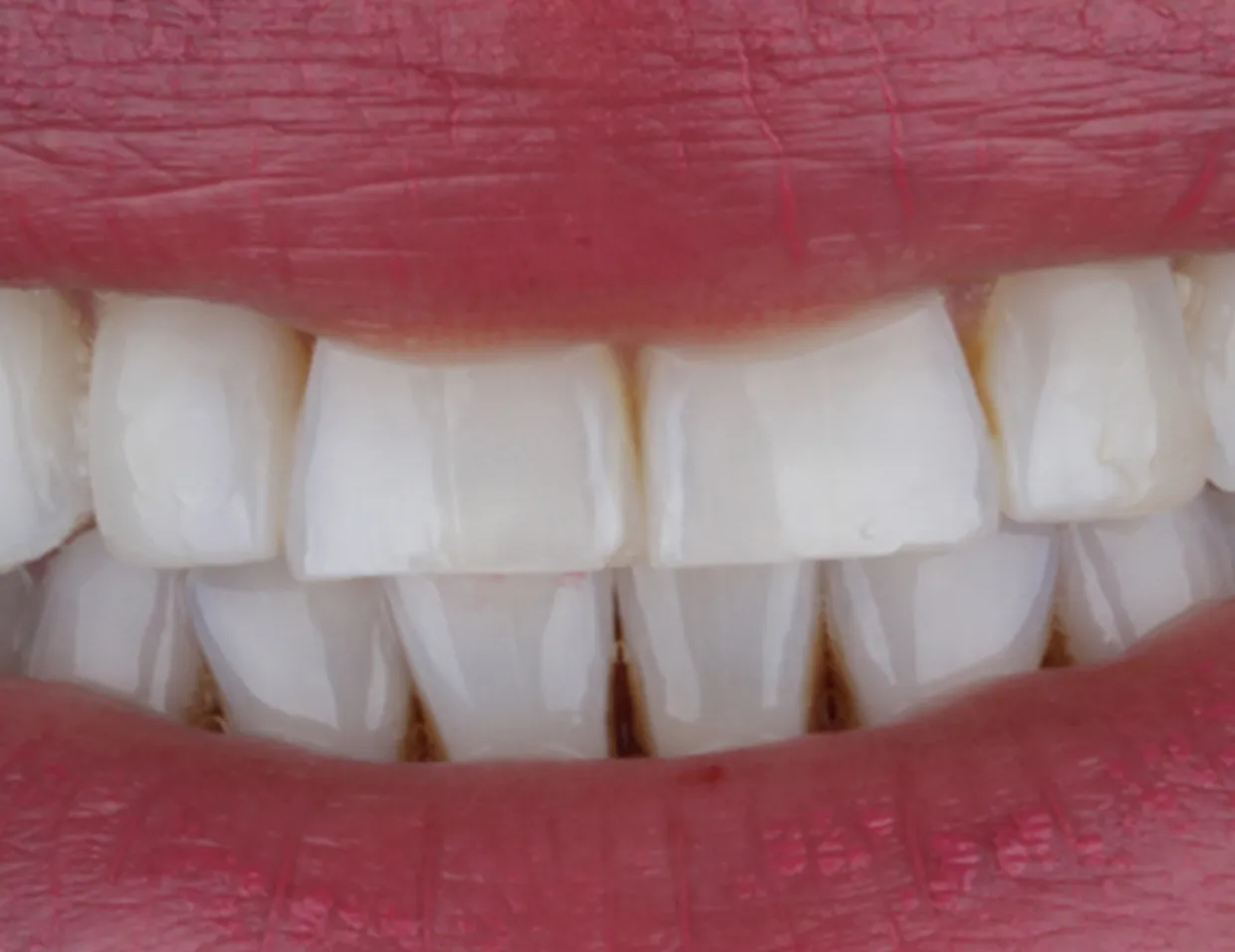
The dentist applies the whitening gel to the surface of your teeth. Once the gel is evenly distributed, the laser light is directed at your teeth. The laser light activates the bleaching agent, breaking down stains and discoloration. The laser is typically applied in intervals, usually about 15-20 minutes per session, and the process may be repeated multiple times during a single visit to achieve the desired level of whitening. Throughout the process, the dentist carefully monitors your teeth and gums to ensure your comfort and safety.
Post-Treatment Care and Maintenance
How to Maintain Your White Smile
Maintaining your newly whitened smile requires a proactive approach. Regular brushing and flossing are essential, along with using a whitening toothpaste to help remove surface stains. You can also incorporate a whitening mouthwash into your routine. Avoid or limit foods and drinks that can stain your teeth, such as coffee, tea, red wine, and berries. Consider using a straw for beverages to minimize contact with your teeth. Schedule regular dental checkups and cleanings to maintain your results and address any potential staining issues promptly.
Things to Avoid After Treatment
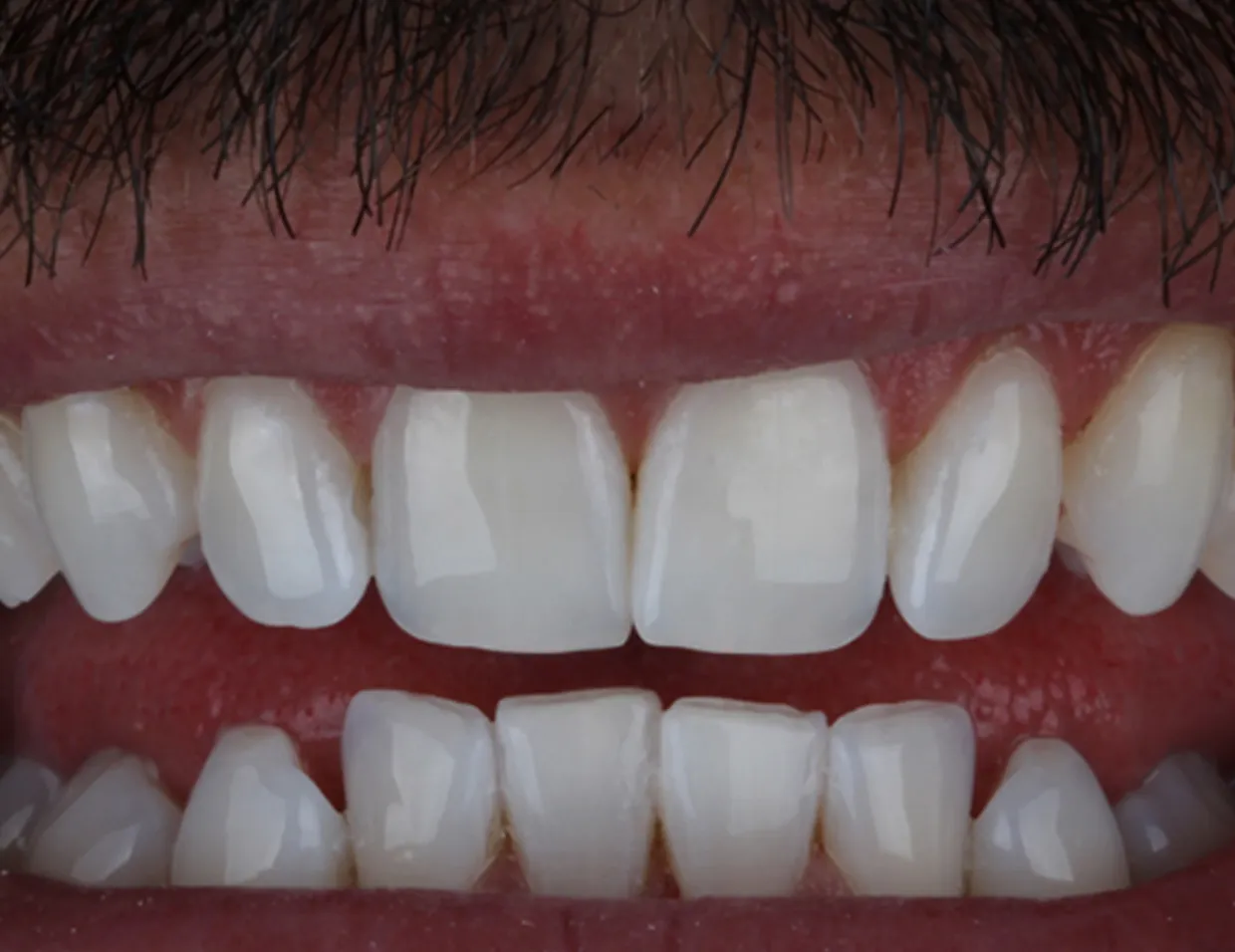
After laser teeth whitening, it’s important to avoid certain substances and habits to maintain the results. Steer clear of highly pigmented foods and drinks for at least 24-48 hours, as your teeth are more susceptible to staining during this period. This includes coffee, tea, red wine, and dark-colored sauces. Avoid smoking, as tobacco can quickly stain your teeth. Use a gentle toothbrush and avoid abrasive whitening products immediately after the procedure, as these can cause sensitivity. Follow your dentist’s specific instructions for post-treatment care for optimal results.
Laser Teeth Whitening and Veneers Differences
Laser teeth whitening and veneers are both cosmetic procedures designed to enhance the appearance of your smile, but they work in very different ways. Laser whitening focuses on removing stains and lightening the existing tooth structure. Veneers, on the other hand, are thin shells, usually made of porcelain, that are custom-made to cover the front surface of your teeth. Veneers can correct a wider range of cosmetic issues, such as chips, cracks, gaps, and severe discoloration that may not be fully addressed by whitening alone. Veneers offer a more permanent solution, while whitening results may require touch-ups over time.
Benefits of Laser Teeth Whitening
Laser teeth whitening offers numerous benefits. It provides a fast and effective way to significantly lighten your teeth, often in a single session. This can dramatically improve your smile and boost your confidence. The procedure is relatively quick and convenient, making it a popular choice for busy individuals. The results are usually noticeable immediately, providing instant gratification. Laser whitening is also a non-invasive procedure with minimal downtime, allowing you to quickly return to your normal activities. Compared to other methods, laser whitening tends to deliver more dramatic and consistent results.
Effectiveness and Results
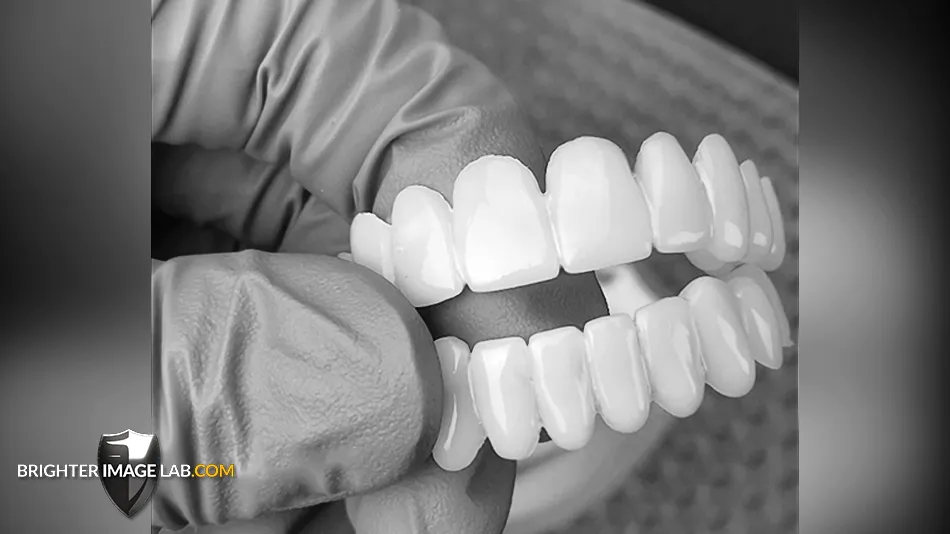
The effectiveness of laser teeth whitening varies from person to person. Generally, it can lighten your teeth by several shades, depending on the initial shade and the type of stains present. Results are often most dramatic for stains caused by aging, coffee, tea, and tobacco. However, results may vary depending on the individual’s tooth structure and the severity of the staining. In some cases, multiple sessions may be required to achieve the desired results. It’s essential to manage expectations and understand that individual results can differ significantly, and professional consultation can provide a more precise estimate.
Factors Affecting Results
Several factors can influence the outcomes of laser teeth whitening. The type and severity of the stains play a significant role. Extrinsic stains, caused by food and drinks, generally respond well to whitening. Intrinsic stains, such as those caused by certain medications or genetic factors, may be more resistant. The natural shade of your teeth also matters. People with naturally darker teeth may see less dramatic results compared to those with lighter shades. Your overall oral health and habits, like smoking and dietary choices, significantly impact the longevity of your results. Proper maintenance is essential.
Laser Teeth Whitening Risks and Side Effects
Potential Risks
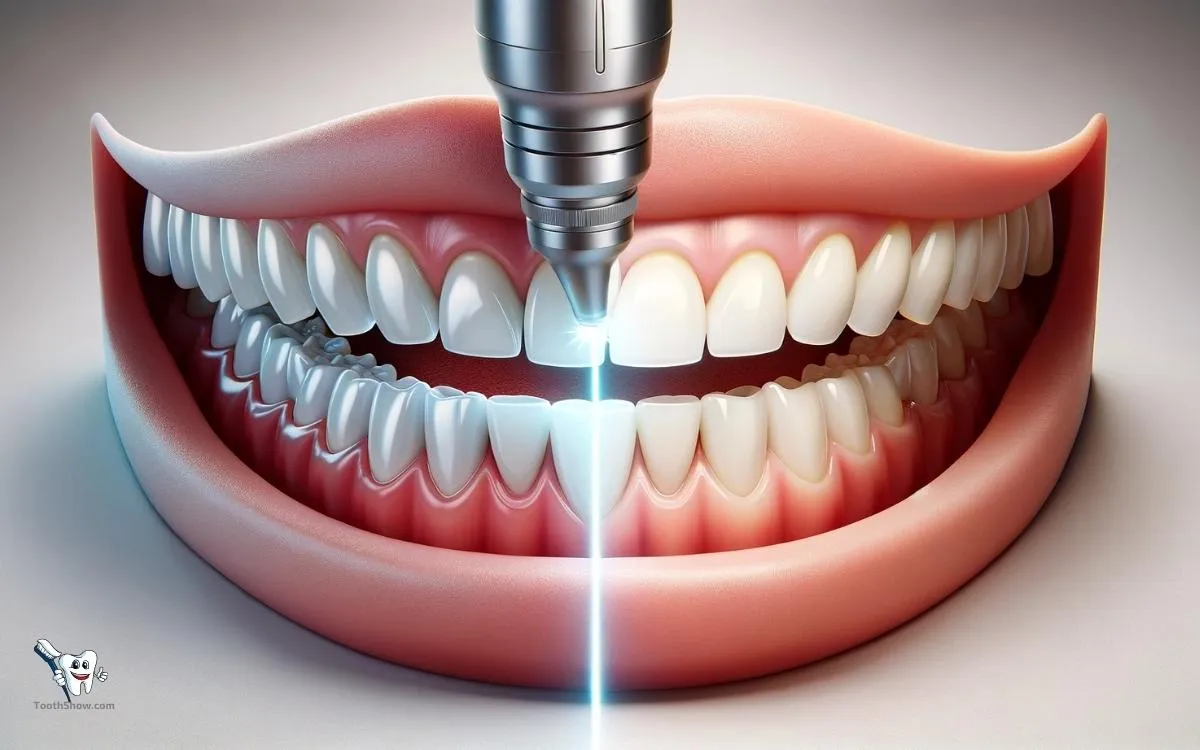
While laser teeth whitening is generally safe, there are potential risks to be aware of. The most common is temporary tooth sensitivity, which can occur due to the bleaching agent penetrating the enamel. Gum irritation and inflammation can also occur if the bleaching agent comes into contact with the soft tissues. In rare cases, there is a risk of damage to the tooth’s pulp, especially if the teeth have pre-existing conditions. It’s also crucial to note that the effectiveness of the treatment can vary, and it may not be suitable for everyone. Thorough consultation with a dentist can help minimize these risks.
Side Effects
The most common side effects of laser teeth whitening are temporary. Tooth sensitivity is a frequently reported side effect, which often subsides within a few days. Gum irritation is another possible side effect, characterized by redness and swelling. In some instances, patients may experience minor throat irritation or mild discomfort. These side effects are usually temporary and resolve on their own. Following post-treatment instructions and using desensitizing toothpaste can help to manage these effects and ensure a comfortable experience.
Cost of Laser Teeth Whitening
Cost Factors
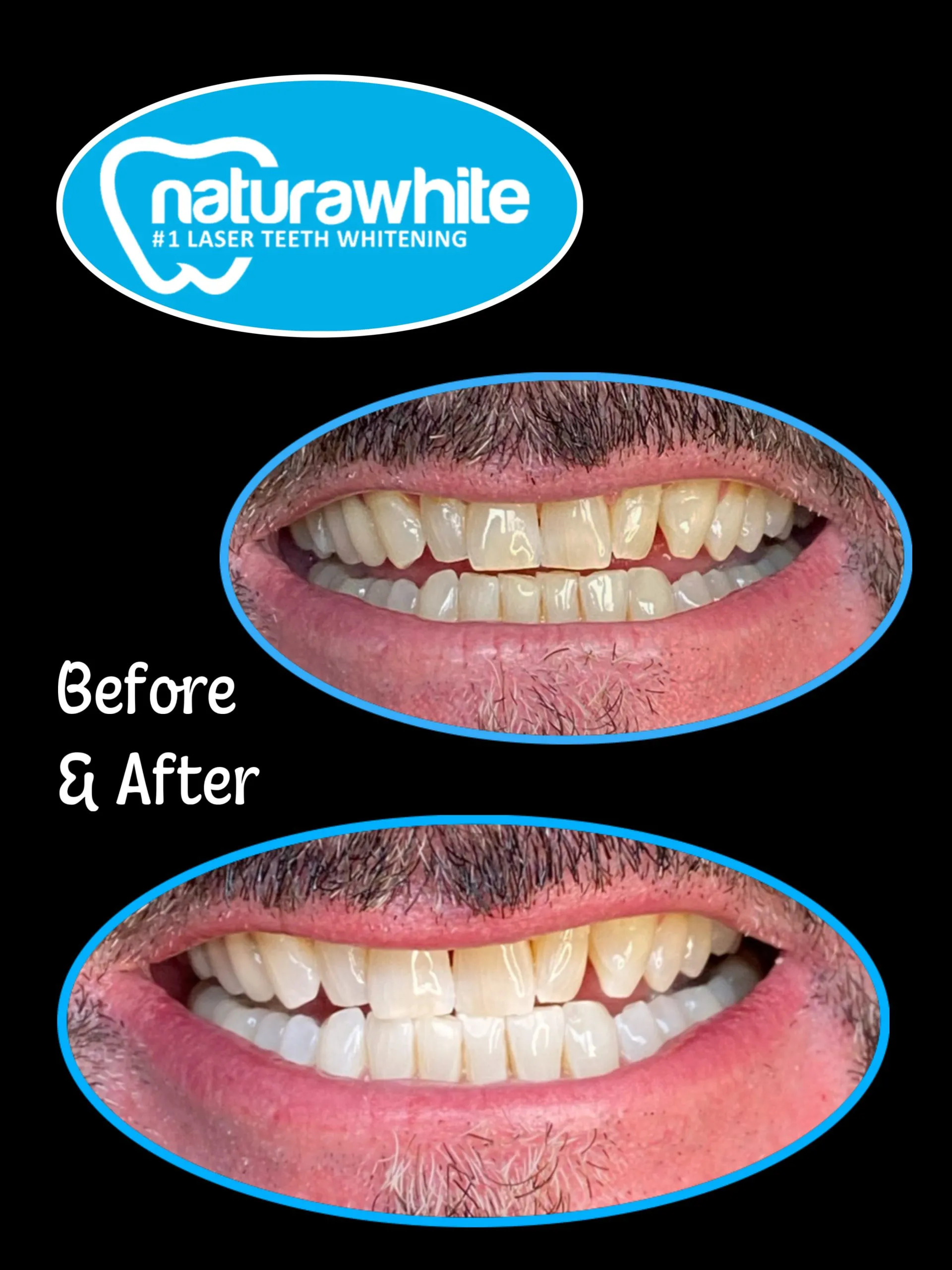
The cost of laser teeth whitening varies based on several factors. The location of the dental practice influences the price, with practices in larger cities or areas with higher costs of living often charging more. The dentist’s experience and reputation can also impact the cost. The type of whitening system used and the number of sessions required will factor into the total expense. Additional services, like teeth cleaning, may increase the overall cost. It’s essential to discuss the full cost with your dentist during the consultation and to ask about payment options.
Insurance Coverage
Laser teeth whitening is generally considered a cosmetic procedure, and as such, it is typically not covered by dental insurance. Some insurance plans may cover a portion of the cost if the whitening is deemed medically necessary due to specific health conditions, but this is rare. It’s crucial to check with your insurance provider to understand the specifics of your plan and the likelihood of coverage. Many dental practices offer financing options or payment plans to help make the procedure more affordable. Discussing payment options with your dentist can help you manage the cost.
Finding a Qualified Professional
Choosing a Dentist
Choosing a qualified dentist for laser teeth whitening is crucial for ensuring both safety and optimal results. Look for a dentist who is experienced in cosmetic dentistry and specifically in laser whitening procedures. Check online reviews and testimonials to gauge the dentist’s reputation and patient satisfaction. Verify their credentials and make sure they are licensed and in good standing with their local dental board. Ensure the dentist uses modern equipment and follows strict hygiene protocols. A good dentist will be happy to answer your questions and provide detailed information about the procedure.
Questions to Ask
Before undergoing laser teeth whitening, ask your dentist several questions. Inquire about their experience with the procedure and the specific whitening system they use. Ask about the potential risks and side effects, and how they manage them. Discuss what results you can realistically expect. Find out about the cost, payment options, and what’s included in the price. Ask about post-treatment care instructions and what steps you should take to maintain your results. Asking these questions will help you make an informed decision and ensure a positive experience.
Conclusion
Laser teeth whitening offers a highly effective and convenient method for achieving a brighter, more confident smile. Understanding the procedure, potential risks, and aftercare is essential. By consulting with a qualified dental professional and following their guidance, you can experience the benefits of this popular cosmetic treatment. Remember to maintain a good oral hygiene routine and avoid staining foods and drinks to preserve your dazzling smile long after the procedure is complete. With proper care and maintenance, your investment in laser teeth whitening can provide lasting positive results, enhancing both your appearance and your self-esteem.
